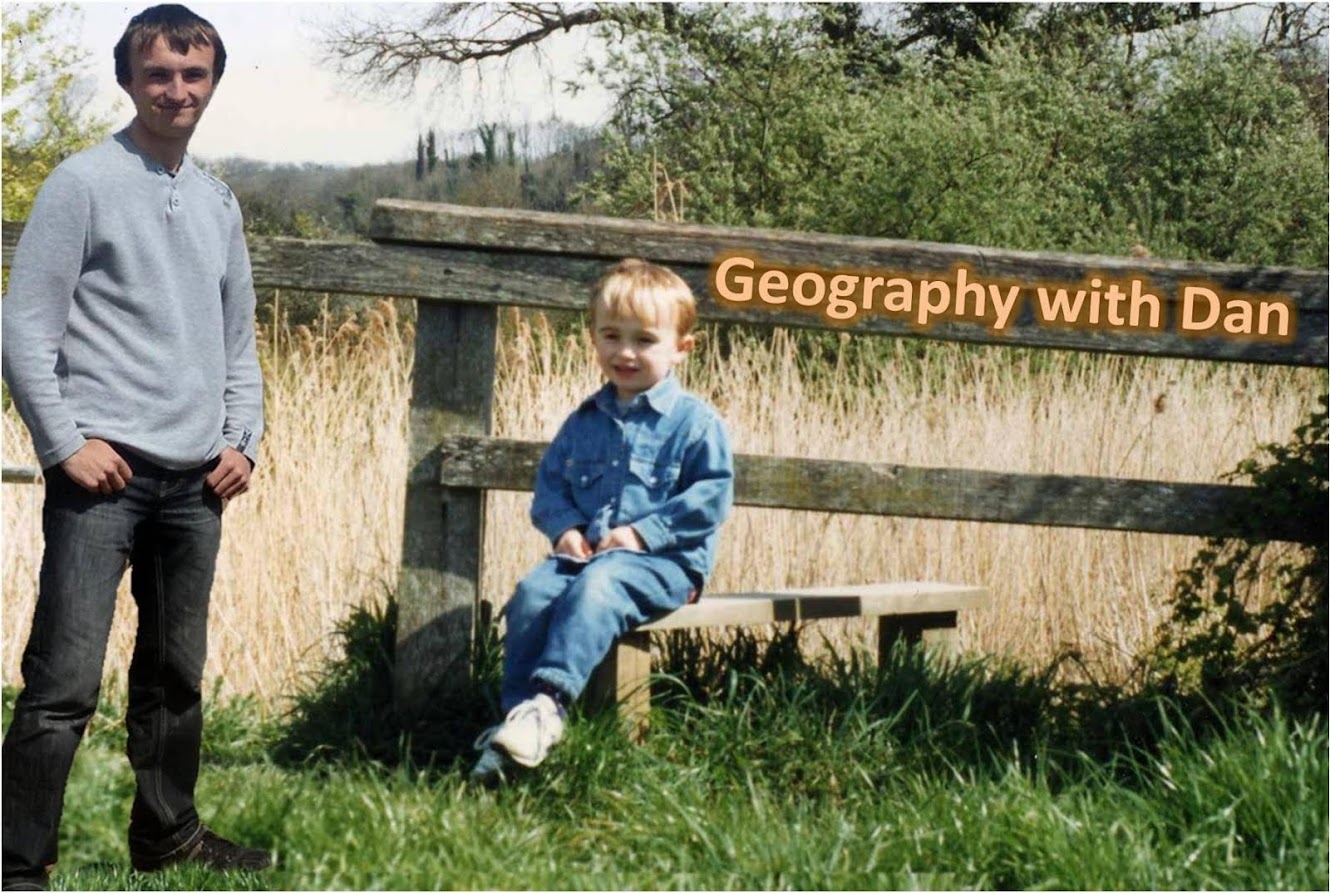For any oceanographer or coastal geomorphologist, this was such a great programme and one that kept feeding me with new information I hadn't heard from anywhere else before, despite the fact that I have recently carried out my own intensive research on them for an Extended Project I'm undertaking.
David Malone, the fine presenter who seems to improvise well throughout the whole production, first explored waves when he was just a small child with his parents. It is through this "elegant and original" film, that he shares his passion with them by investigating firstly how they work, the sound behind them, and how the process of a wave is very closely related to how human beings live their life.
 From blowing on a static pond, to using a wind machine, and then later by using a wave generator in Cambridge University, Malone explains the incredible importance of the 'fetch' in wave height, and takes us back to the Second World War when the first investigations into measuring wave height were conducted. I found the wave generator very interesting and helpful in understanding just how a wave of oscillation works. The water doesn't travel anywhere, but oscillates; it is the energy that travels and fundamentally, the amount of energy (the extent of the fetch in other words) determines whether it produces a small capillary wave or a storm wave.
From blowing on a static pond, to using a wind machine, and then later by using a wave generator in Cambridge University, Malone explains the incredible importance of the 'fetch' in wave height, and takes us back to the Second World War when the first investigations into measuring wave height were conducted. I found the wave generator very interesting and helpful in understanding just how a wave of oscillation works. The water doesn't travel anywhere, but oscillates; it is the energy that travels and fundamentally, the amount of energy (the extent of the fetch in other words) determines whether it produces a small capillary wave or a storm wave. Malone then goes on to understanding the sound of waves, illustrating with investigations from Southampton University (if I remember correctly) what a bubble actually is and the sound frequency that different size bubbles create. To be quite honest, as interesting as it was to see bubbles in slow motion enter an air-water interface, the whole 'bubble' scene didn't do it for me, and it's relation to wave breaks was weak.
It improved immediatly though with looking at how many different types of wave there actually are. I learnt some new terms including Rossby waves and the fact that in an ocean, there are two waves travelling opposite directions to each other, influenced by temperature.
 Finally, the most interesting and I reckon the most essential point of the programme: the distinction between 'objects' and 'processes' in relation to waves. This was a very philosophical part of the programme and one that really struck me simply because I hadn't thought about it in this way before. Malone was debating the fact that ocean waves are perhaps the only times when we can see energy moving, visually. I can agree with him on this point, and so he went on to establishing whether anything can be just an object but a 'process' instead. From a conversation looking out to the skyline of London, he considered that in a human time scale frame, an ancient building like St. Pauls Cathedral might seem like an object, but actually in a geological time scale, the building is a process. It's manifested from individual materials sourced from this very planet, and now as it stands amongst the London air, it's slowly weathering away and becoming part of the Earth again. With ocean waves, the scenario is the same: our atmosphere creates wind currents, which through fetch, passes energy on through the waves, which is eventually dissipated when the wave crashes along the shoreline of the coast. So maybe a wave isn't an object, it is in fact a process.
Finally, the most interesting and I reckon the most essential point of the programme: the distinction between 'objects' and 'processes' in relation to waves. This was a very philosophical part of the programme and one that really struck me simply because I hadn't thought about it in this way before. Malone was debating the fact that ocean waves are perhaps the only times when we can see energy moving, visually. I can agree with him on this point, and so he went on to establishing whether anything can be just an object but a 'process' instead. From a conversation looking out to the skyline of London, he considered that in a human time scale frame, an ancient building like St. Pauls Cathedral might seem like an object, but actually in a geological time scale, the building is a process. It's manifested from individual materials sourced from this very planet, and now as it stands amongst the London air, it's slowly weathering away and becoming part of the Earth again. With ocean waves, the scenario is the same: our atmosphere creates wind currents, which through fetch, passes energy on through the waves, which is eventually dissipated when the wave crashes along the shoreline of the coast. So maybe a wave isn't an object, it is in fact a process. Not only did this programme heighten my knowledge of oceanography, but it inspired me to think for a couple of hours afterwards about whether there are any more geographical processes that we can relate a human life to. If I have time, over the half term, I will think of some more. If you have an idea, do get in contact. And you can see clips of this programme, below:


No comments:
Post a Comment